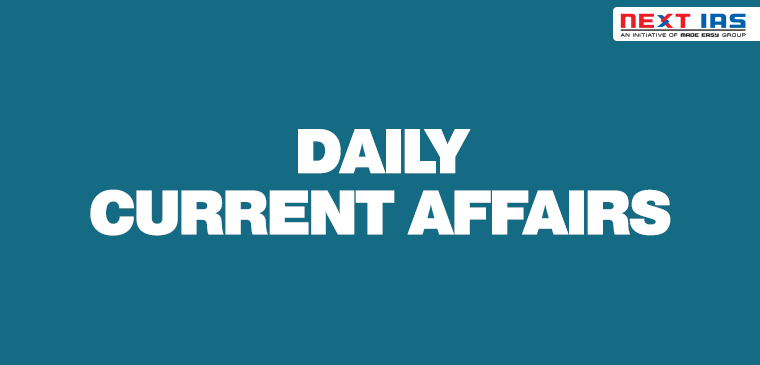
In News: The government expressed “strong displeasure” about Twitter’s response to the emergency order.
- Government wanted Twitter to block more than a thousand accounts for alleged spread of provocative content and misinformation on the farmer protests.
What is the controversy?
- Pro-Government v/s Anti-Government Sentiments:
- The government is pushing Agrarian reforms via three acts, providing the private sector a bigger role in its quest to empower farmers.
- Whereas the farmers especially from Punjab, Haryana and Western UP are fearing that security of Minimum Support Price (MSP) will be slowly diluted after these reforms.
- There are many fake news circling Social Media. For these propaganda, no responsibility was taken by Social Media Giants.
- Involvement of Foreign Celebrities in Farm Protest v/s Sovereignty over the internal matters of India.
- Recent tweets by Rihanna, Greta Thunberg, etc were seen as involvement of foreign celebrities in India’s internal matters.
- There were allegations that Social Media Companies are not helping the government curb anti- National secessionist elements viz Khalistan and others.
- Dichotomy in actions of Social Media Giants and need to regulate them
- Indian Government has also pointed out the dual stance of Twitter in the US Capitol Incident and Farm Protest Incident of India.
Need for Regulation and Stringent Laws:
- Fake News spreads faster than Real News: Seeing increasing mob lynching cases targetting specific communities and innocent people, Supreme Court was forced to intervene by issuing directives.
- Data Theft: Data is the oil of the 4th Industrial Revolution.
- The companies sharing and keeping data abroad are often violating the Right to Privacy and Ownership of Self Data of Indian Citizens
- Dual Standards: Social Media Firms are often taking different stands in different countries.
- Viz they provide better control to Europeans over their Privacy as compared to Indians.
- Internal Security: Digital Frauds are increasing due to different flaws in algorithms of Social Media.
What are the laws for regulating Social Media?
- Information Technology (IT) Act 2000 Social Media have to follow the intermediaries guidelines under IT Act 2000 and Indian Penal Code (IPC).
- Criticism: It was misused by the government to silence even constructive criticism.
- Due to the rampant misuse, Supreme Court declared Section 66A of IT Act as unconstitutional in Shreya Singhal v/s Union of India Case 2015.
- Government Directives: Social Media Channels need to take down any content as directed by Court or Law Enforcement Agencies.
- Community Guidelines: There are provisions related to reporting mechanisms to involve citizens in community policing over obscene and immoral posts. But here the discretion of Social Media Platforms plays a dominant role.
- Criticism of this Discretion: Many posts on Body Positivity and Menstruation were taken down while other explicit images continued under the Right to Artistic Expression.
What is the debate about?
- Setting the boundaries to freedom of Speech and Expression
- Free Speech means one’s ability to express oneself in whatever way one wants.
- Article 19(1)(a) of the Constitution empowers all citizens with the right to freedom of speech and expression.
- Article 19 (2): It empowers the government to impose, by law, reasonable restrictions upon the freedom of speech and expression “in the interests of
- interests of the sovereignty and integrity of India,
- the security of the State,
- friendly relations with foreign States,
- public order,
- decency or
- morality or
- in relation to contempt of court,
- defamation or incitement to an offence.”
- Section 69A of IT Act 2000 also provides for similar provisions as Article 19(2).
- No Harm Principle of J S Mill: Government should not interfere until there is substantial harm to the people.
- Different Supreme Court Rulings (like Kedar Nath Singh V/s State of Bihar 1962 and Shreya Singhal v/s Union of India case, 2015) allow constructive criticism of Government and its Policies.
Way Ahead
- The current regime is not capable enough to meet the requirements of emerging challenges.
- Hence there is a need to create a Code on Regulation of Social Media which may consolidate the provisions of different regulatory acts and enable constructive Freedom of Speech.
Source: TH
Previous article
International Day of Women and Girls in Science
Next article
Facts in News


